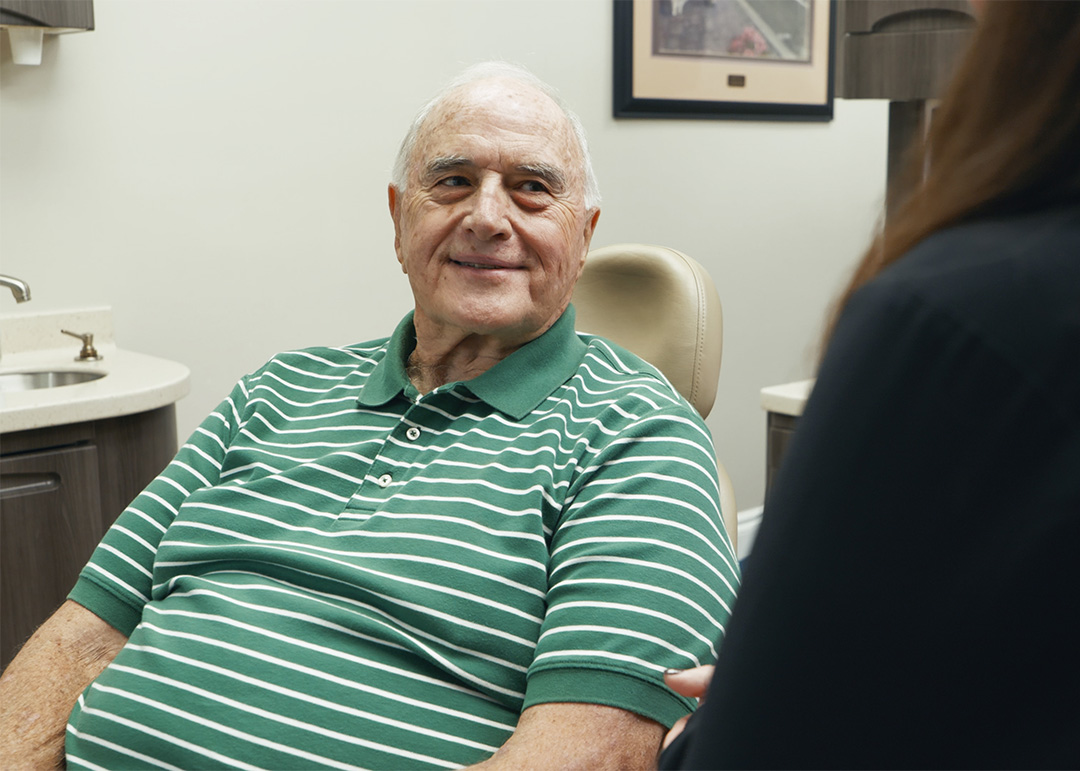
Obstructive sleep apnea (OSA) is a common and potentially serious sleep disorder characterized by repeated interruptions in breathing during sleep. These interruptions can lead to various health issues if left untreated. Understanding whether you need treatment for OSA is crucial for maintaining overall health and well-being. That’s why we recommend speaking with our sleep apnea dentists in Milford, MI, to determine your next steps.
Here’s what you need to know.
What is Obstructive Sleep Apnea?
Obstructive sleep apnea occurs when the muscles in the throat relax excessively during sleep, causing partial or complete blockage of the airway. This can result in decreased oxygen levels in the blood and fragmented sleep.
OSA is the most common form of sleep apnea and can significantly impact daily life and overall health.
Symptoms of Obstructive Sleep Apnea
Identifying the symptoms of OSA is the first step towards determining if you need treatment. Common symptoms include loud snoring, which is often the primary indicator of OSA.
Episodes of breathing cessation during sleep, noticed by another person, are also common. Many people with OSA wake up abruptly with shortness of breath, often gasping for air.
Other symptoms include waking up with a dry mouth or sore throat, frequent morning headaches, insomnia or difficulty staying asleep, excessive daytime sleepiness (hypersomnia), and issues with focus and memory.
If you experience any of these symptoms regularly, it is advisable to seek medical evaluation.
Risk Factors for Sleep Apnea
Obesity is a significant risk factor, as excess weight can cause fat deposits around the upper airway, leading to obstruction. A thicker neck may also indicate a narrower airway, increasing the risk.
OSA is more common in older adults, and a family history of OSA can further elevate your risk. Men are also more likely to develop OSA than women.
Lifestyle factors such as smoking and alcohol use can worsen airway obstruction. Additionally, nasal congestion can exacerbate OSA by making it difficult to breathe through the nose.
Treatment Options
Concerned about sleep apnea? Schedule an appointment with one of our dentists to discuss your treatment options.
Custom Oral Appliances
For many patients with OSA, our Milford dentists can provide effective treatment with custom oral appliances. These sleep apnea devices are designed to keep the airway open by repositioning the jaw and tongue.
Custom night guards for sleep apnea are tailored to fit your mouth, making them more comfortable than generic devices. They are also portable and easy to take with you when traveling. Many patients find these devices to be highly effective in reducing the symptoms of OSA.
Clear Aligners for Orthodontic Issues
In some cases, orthodontic issues contribute to OSA by affecting the alignment of the jaw and airway. Clear aligners can help correct these issues. Made from clear, nearly invisible material, they are a non-surgical and aesthetically pleasing option for correcting dental misalignments.
Clear orthodontic aligners are convenient, as they can be removed for eating and cleaning, making them easy to manage while effectively addressing the underlying issues that may contribute to OSA.
Lifestyle Changes
In addition to dental treatments, lifestyle modifications can also help manage OSA. Weight loss can reduce airway obstruction, while regular physical activity can improve overall symptoms. Avoiding alcohol and smoking is beneficial, as both can worsen OSA. Additionally, sleeping on your side can help keep your airway open, reducing the likelihood of obstruction during sleep.
Book a Sleep Apnea Consultation
Aren’t sure if you need sleep apnea treatment? Book an appointment with one of our dentists in Milford, MI. Call Village Dental of Milford at (248) 685-8748 or fill out our online contact form to get started!
